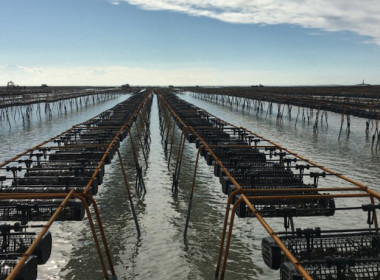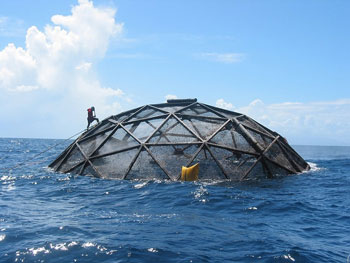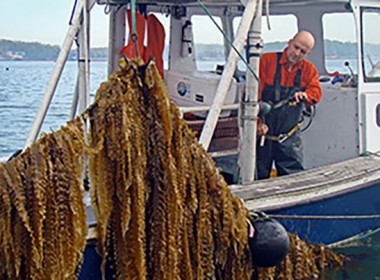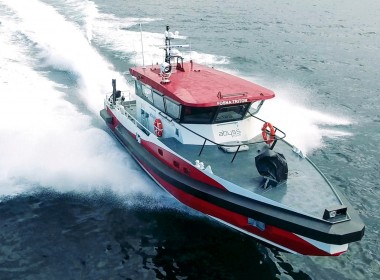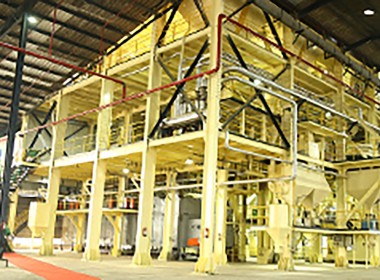Researchers study viability of fishmeal alternatives for aquaculture use

Researchers at the University of California Santa Barbara (UCSB), the University of Tasmania, and the International Atomic Agency recently examined the current practice of catching wild fish for forage (to feed farmed fish) and concluded that using novel, non-fishmeal feeds could help boost production while treading lightly on marine ecosystems and reserving more of these small, nutritious fish for human consumption.
Approximately 16 million of the 29 million tonnes of forage fish — such as herrings, sardines, and anchovies — caught globally each year are currently used for aquaculture feed. The researchers said that, to meet the growing demand for fish in a sustainable manner, other types of fish feed must be used.
Richard Cottrell, a postdoctoral scholar at UCSB’s National Center for Ecological Analysis & Synthesis (NCEAS), remarked that the annual catch of wild fish has been static for almost 40 years, but over the same period the production from aquaculture has grown enormously.
The researchers added that nutritional sources exist that could ease the growing demand for forage fish. Based on microalgae, insect protein, and oils, these novel feeds could, in many cases, at least partially substitute fishmeal and oil in the feeds of many species without negative impacts on feed efficiency or omega-3 profiles.
Cottrell and his colleagues analysed results from 264 scientific studies of farmed fish feeding experiments and determined that species such as carps and tilapias respond well, although others such as salmon are still more dependent on fish-based feeds to maintain growth and support metabolism.
As the nutrition and the manufacturing technologies improve for these novel feeds, these could allow for substantial reductions in the demand for wild-caught fishmeal in the future, he added.
The researchers concluded that even limited adoption of novel fish feeds could help to ensure that this growth (in aquaculture production) is achieved sustainably, which will be increasingly important for food security as the global population continues to rise.
NCEAS director Ben Halpern commented that, without sustainable feed alternatives, it will not be feasible to sustainably feed humanity in the future.
More news, opinion and vessel reviews in this month’s Fishing and Aquaculture Week.



